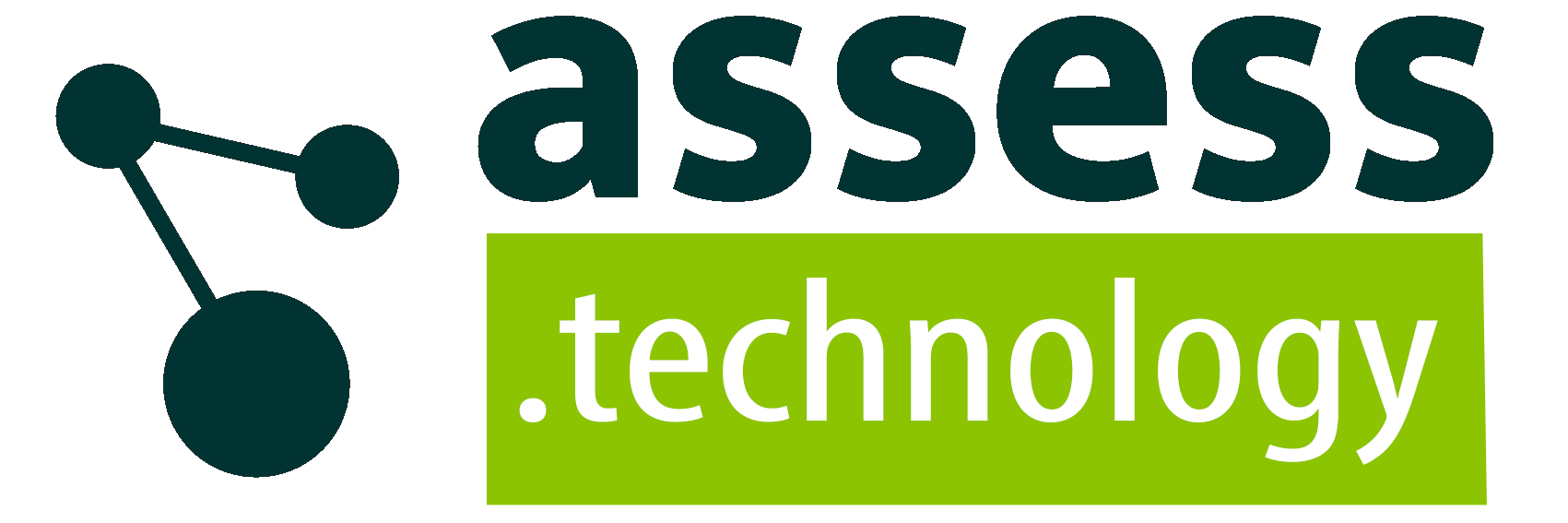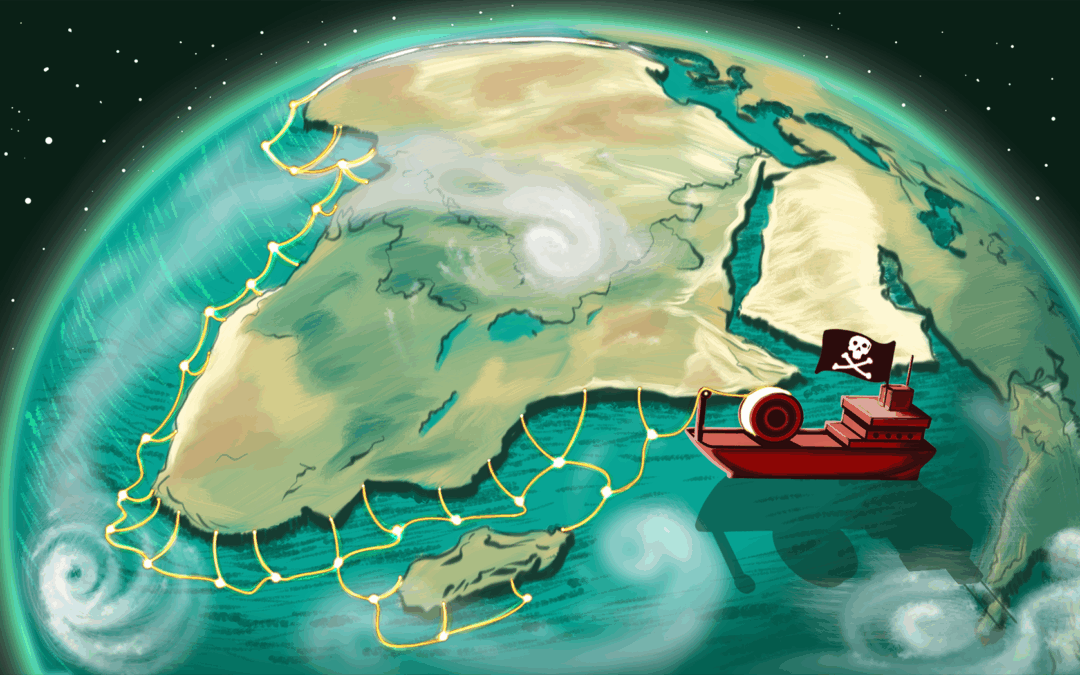Webinar link: https://www.youtube.com/watch?v=PAN3cYNMNmY
On 11th July 2025, the African Technology Assessment Platform (AfriTAP), in collaboration Group on Erosion, Technology, and Concentration (ETC Group) and the Alliance for Food Sovereignty in Africa (AFSA), held an online webinar on “Understanding Biodigital Technologies: A Global Overview and Impact on Food Systems.”
The session was led by Jim Thomas of Scan the Horizon, who unpacked how rapidly evolving biodigital technologies are reshaping food systems and what this means for Africa. Emerging issues from the discussion underscored the urgent threat posed by unregulated biodigital expansion, particularly in Africa where data protection laws remain weak and poorly enforced.
Participants were brought to the fore on the looming dangers of “data colonialism”-a pattern not new to the continent. Just as land and resources were historically grabbed to serve external profit interests, now data, genetic resources, and even life itself are being captured and commodified by powerful corporations.
Alarmingly, undersea cables are landing in Africa at the same coastal sites once used in the transatlantic slave trade, marking a haunting continuity of extraction. “We are witnessing a new scramble for Africa – not for land, but for data,” cautioned Jim Thomas. “Without strong, informed regulations, we risk a future where Africa’s biodiversity, knowledge, and even people’s lives are mined for profit.”
What’s in it for the environment?
Another pressing concern raised by Jim Thomas was the environmental footprint of massive data infrastructure. Data centres-vast buildings full of servers that must be cooled with water around the clock-are springing up worldwide, with Africa emerging as a newtarget. These installations, often the size of university campuses, compete directly with local communities for fresh water. Lagos already provides a stark example of how water- intensive digital infrastructure can deprive communities of an essential resource.Participants were particularly alarmed by the potential risks these developments pose for small-scale farmers and already threatened natural resources such as water, which are further strained by climate change.
Jim Thomas, Scan the Horizon
The webinar also shed light on the labour exploitation underpinning Artificial Intelligence (AI). Much of the “dirty work” of AI-cleaning data, training models, and filtering harmful content-is outsourced to low-paid workers, many of them in Africa. These workers are exposed to distressing and sometimes traumatic material to ensure AI systems remain “safe” for end users. Thomasstressed that AI is not intelligence in the human sense; it is software designed to predict the most probable next word, heavily reliant on massive energy inputs and deeply flawed, often reproducing racial and social biases.
Red flags of infusion into biology and food systems
AI’s infusion into biology and food systems raises additional red flags. New AI-driven tools can design proteins, bacteria, and evenviruses-ushering in unprecedented biosecurity risks. Entire crops are now being re-engineered by AI to skirt regulations, as in the EUwhere genetically engineered varieties with fewer than 20 alterations are no longer regulated. This allows corporations to expandcontrol over food systems while undermining safety oversight. AI-designed sweeteners like stevia and lab-grown ultra-processed meats were flagged as direct threats to African export markets and farmer livelihoods.
Beyond crops, biodigital technologies are facilitating “robot-ready” agriculture-genetically engineered plants embedded with machine-readable traits, such as soybeans that glow under stress when scanned by tractor-mounted sensors. This deepening entanglement of biology and digital systems accelerates corporate control and erodes farmer autonomy.
The resource demands of these technologies are staggering. Data is energy-its movement across global networks consumes vast amounts of power and water, with data volumes doubling every four years. The minerals required for the expansion of AI and connected devices-lithium, cobalt, and rare earths-will increase up to 3,000 times between 2020 and2040, with Africa bearing the brunt of extraction and the influx of toxic e-waste.
Risks posed by unchecked power of tech
Participants voiced concern over the unchecked power of tech giants driving these transformations. Corporations such as Nvidia, Microsoft, and Meta now wield unprecedented influence across economies, amassing vast commercial opportunities in plant DNA, soil data, commodities trading, weather patterns, genomic information, and even consumer behaviour.
This was the first in a series of dialogues leading up to the Pan-African Biodigital Technologies Conference in Addis Ababa later this year. The series will continue to explore the global landscape of biodigital technologies while centring African perspectives andadvancing participatory technology assessment. The consensus from the discussion was clear: without informed and enforceable regulation, Africa risks a new era of extraction-where data, biodiversity, and even life itself become the next frontier of corporatecontrol. The webinar was moderated by Sabrina Masinjila of Society for International Development.
This article is written by: Faith Gikunda and Barbara Ntambirweki of AfriTAP and ETC Group

